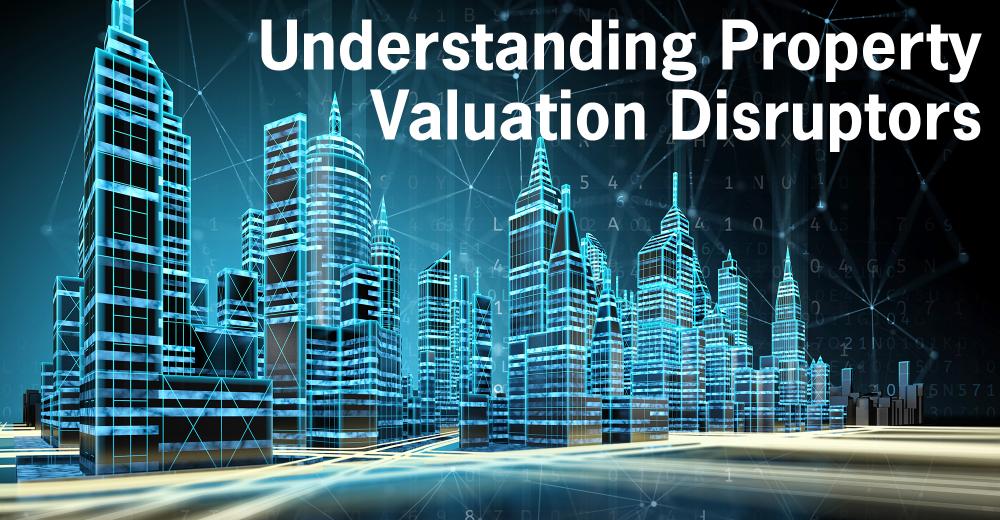1 11
1 11
When real estate professionals need a valuation of a property, they often want to know more than just the current value on the market. Appraisers—or as CBRE calls them, "valuers"—now offer services and product options including advice on the long-term value of buildings.
“We are providing tailor-made products to meet the changing requirements of our clients,” says Edwards.
Valuers no longer focus purely on the physical asset, leases and operating costs. The team of experts who values a property often includes data analysts, statisticians, programmers, accountants and industry-specific specialists. That trend is likely to accelerate in the future, says Edwards.
Valuers also consider how sustainable design features might affect the value of a building—far beyond simply saving on expenses like heat and electricity.
“There is more awareness of sustainability in the markets,” says Edwards.
Many local governments now require buildings to become measurably more efficient. Many corporate tenants have an increasing focus on "social responsibility" and that includes real estate. Investors will increasingly seek high-quality properties with these attributes, while incorporating sustainability and wellness criteria into their value-added strategies, according to CBRE.
New technologies allow valuers to use a huge amount of new data to gauge the current and future performance of real estate assets. Smart sensors can detect water leaks, inefficient equipment and, in some cases, even foot traffic.
“Data allows the appraiser and the investor to have a more rounded assessment of the asset,” says Edwards.
New entrants to the valuation business are likely to compete with more established real estate services firms in the coming years. Many will be powered by software and provide valuation services as part of a package. They may lack the talent, market knowledge and first-hand property data provided by experts who specialize in property valuation. But to remain competitive, established valuers will have to accelerate their adoption of smart technology and analytics tools.
Established property valuation experts will also benefit by using intelligent valuation platforms. As more phases of the valuation process are automated, the process will become more efficient, allowing the scope of valuation services to expand—eventually leveraging the huge volume of current and historical property data, for example, to factor in a multitude of scenarios such as market cycles and the likelihood of default.
Valuers can provide more sophisticated advice as the volume of data increases. But obtaining reliable, validated data can be challenging. That’s particularly true in emerging markets, where sometimes it can even be hard to know who owns a particular data set. Industry participants may need to expand international standards for data—or potentially establish entirely new ones—and ensure that they are aligned across borders.
Valuers using large data sets and faster computers are creating powerful Automated Valuation Models (AVMs). Based on algorithms, these systems use property, transactional and socio-economic data to estimate real estate assets with limited human intervention. Artificial intelligence can make these systems even more powerful with machine learning.
These systems have become more important because of the restrictions caused by the spread of the coronavirus and COVID-19. If necessary, valuers can conduct remote or “contactless” valuations—even using robots or airborne drones to conduct some building inspections.
Experienced valuers have become even more important as real estate investors explore alternative property types in the hunt for higher yields. To make accurate assessments of the value of these properties, it takes a deep understanding of the key drivers, players and trends within each alternative property type. In the United Kingdom, leading service providers already have dedicated valuers who specialize in emerging property types.
Real estate investors continue build global portfolios—despite the restrictions on travel caused by the spread of the coronavirus. As they reach far beyond their familiar regional geographies, they will need valuation service providers who assess the value of properties based on local data and detailed, on-the-ground knowledge that is consistent across national borders. CBRE also foresees the need for more standardized reporting and terminology to help create a shared language of value.

